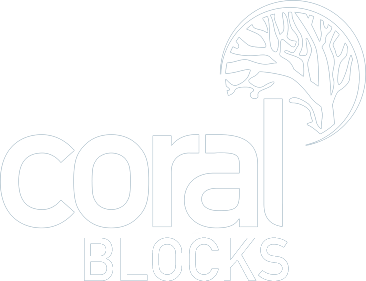CoralStore can write a 256-byte message to disk in around 159 nanoseconds through the FileStore implementation. Moreover, by using the AsyncStore you can get even lower latencies (60 nanoseconds) and variance, as the numbers on this article demonstrate. Continue reading
Working with FIX Session Timers
In this article we show examples of how you can configure one or more FIX timers to perform any kind of action on your FIX session, such as resetting the sequences and connect/disconnect. Continue reading
Ultra low-latency with CoralFIX and CoralReactor
Please note that this benchmark sends real ExecutionReport FIX messages. It simulates the very real trading scenario where your order is filled and your strategy needs to react as soon as possible. Furthermore, our clients run our benchmarks in their own environment. We provide all the source code of our benchmarks so clients can modify and adapt them in order to reach their own conclusions. They also run their own and very specific benchmarks and tests with similar results. This benchmark not only measures the FIX parser performance, but also and most importantly the network I/O performance. If you want to check our tick-to-trade latencies you can click here.
To test the performance of CoralFIX + CoralReactor we have developed a simple test with a fix server and a fix client. The client connects to the server, the standard FIX handshake through LOGON messages happens and the server proceeds to send 2 million FIX messages to the client. So we are measuring one-way latency from FIX server to FIX client over loopback. For a throughput benchmark instead you can check this article. Note that the server only sends the next message to the client when it gets a message back from it so we can correctly measure the time it takes for each message in isolation to travel from the server to the client. We then compute the average latency, which includes the full CoralFIX parsing time (i.e. encoding and decoding of the FIX message) plus the full CoralReactor TCP network I/O time. Below we present the latency results and the source code. Continue reading
Blazing Fast Throughput with CoralFIX + CoralReactor
To test the performance of CoralFIX + CoralReactor we have developed a simple test with a fix server and a fix client. The client connects to the server, the standard FIX handshake through LOGON messages takes place and the client proceeds to send (i.e. push) 5 million FIX messages to the server as fast as it can. Then the server receives and processes all the messages calculating the throughput. So we are are measuring the one-way throughput over loopback. For a latency benchmark instead you can check this article. Below we present the throughput results and the source code. Continue reading
The Pinned Thread Difference
To illustrate the advantage of a pinned thread, we code a program that launches a bunch of threads to do a simple task and pin one of them to a processor. At the end you can see that the pinned thread is much ahead of the other threads. That’s because the other threads have to compete for the available processors while the pinned thread has a whole processor for itself. Without context switches and interruptions the pinned thread can perform its job much faster than the other ones. Continue reading
Getting Started with CoralLog for Event Sourcing
In a previous article we talked about using CoralLog for level logging. In this article we will show you how to use CoralLog for event sourcing, in other words, how to open your own files and log any message or data you want with minimum latency, maximum throughput and zero garbage. Continue reading
Getting Started with CoralLog for Level Logging
In this article we present CoralLog, a powerful, ultra-low-latency and asynchronous logging library with a very intuitive and non-intrusive API. First we show you how you can use CoralLog for level logging, in other words, to log status messages from your application using the log levels available such as Debug, Trace, Error, etc. Then we show in a follow up article how you can use CoralLog for event sourcing, in other words, to write any kind of message (i.e. data) to a file without adding latency or variance to the critical thread doing the logging. Continue reading
CoralFIX Parser Performance Numbers
In this article we present the performance numbers of CoralFIX when it comes to parsing messages. We measure the time it takes to generate a ByteBuffer from a FixMessage and the time it takes to generate a FixMessage from a ByteBuffer. For that we use three FIX messages: a simple one without repeating groups, one with a repeating group and lastly one with repeating groups inside repeating groups. Continue reading
FIX clients and servers with CoralFIX and CoralReactor
CoralFIX is fully integrated with CoralReactor so you can code your own ultra-low-latency, ultra-low-variance (i.e. no GC overhead) FIX network clients and servers. In this article we introduce the FixApplicationClient and the FixApplicationServer that you can use to code a FIX connection that takes care of all the low-level FIX session details for you, like logon, heartbeats, sequence reset, etc. Continue reading
Getting Started with CoralFIX
This article shows the basics of CoralFIX API when it comes to adding/retrieving values from FixMessages, creating new FIX tags and working with repeating groups. You can also get started quickly by using our SimpleFixApplicationServer and SimpleFixApplicationClient as described here. Continue reading
